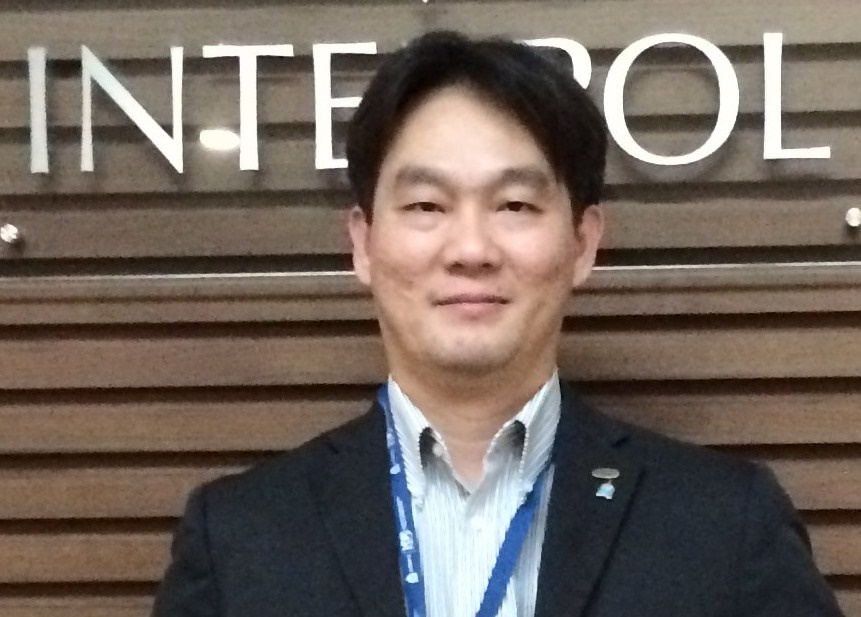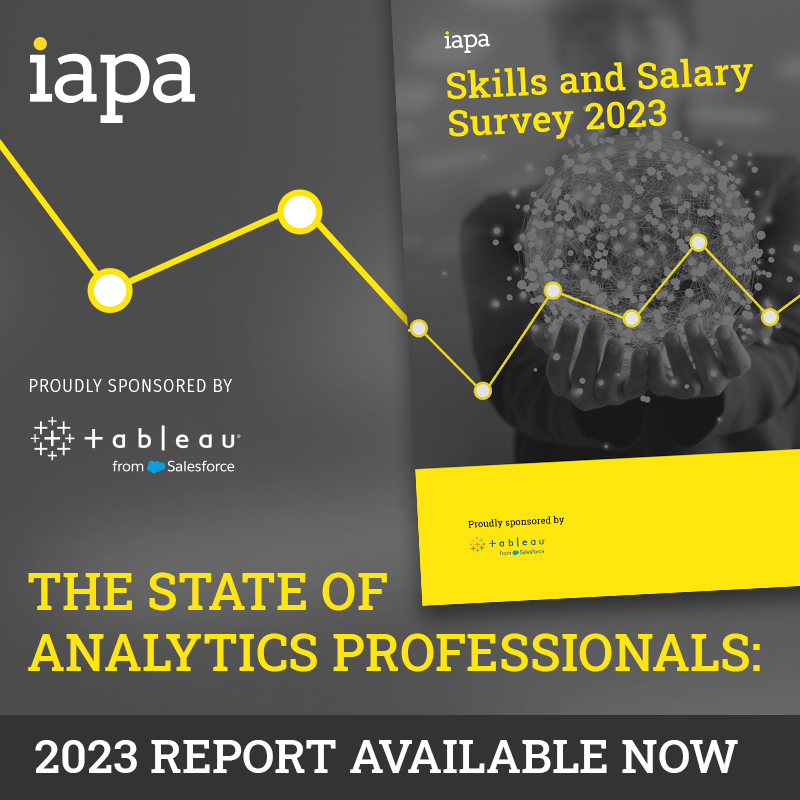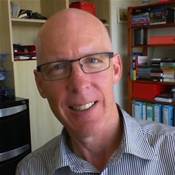Welcome to a new series that showcases some of Australia’s innovators, movers and shakers in and around ICT.
This week, we talk to Associate Professor Kim-Kwang Raymond Choo.
Fighting crime as a member of the Singapore Police Force would appear to have little in common with the world of IT, yet for security specialist Kim-Kwang Raymond Choo it's been a natural career progression.
Now holding the Cloud Technology Endowed Professorship at the Department of Information Systems and Cyber Security, at the University of Texas at San Antonio (UTSA), it's been Choo's ongoing passion for technology that has taken him around the world and led to him becoming an internationally-recognised expert in cyber crime investigation and security.
"I became interested in IT during my time as a sworn police office in Singapore, where I spent my last two years at the Computer Branch of one of the land divisions," he says. "I then moved to Australia to pursue studies in IT."
Choo completed a Masters in Information Technology and a Bachelor of Applied Science at the University of South Australia and followed this with a Doctor of Philosophy in Information Technology at the Queensland University of Technology.
After spending five years working for the Australian Government Institute of Criminology, he returned to academia and joined University of South Australia in 2011.
Choo says he had no plans to shift countries again until an opportunity came up for an endowed professorship position at UTSA. "I had spent a few months at Rutgers University and the Palo Alto Research Center (PARC) in 2009, funded by a Fulbright Scholarship," he says. "While I enjoyed my time in the US, I never thought I'd leave Australia as I’ve been in the country since 2001."
A week before he was due to present at the 2015 Americas Conference on Information Systems, the chair of the endowed professorship position’s search committee asked if Choo would be interested in applying for their position. One thing lead to another, and he found himself relocating to San Antonio a year later.
"The decision to move was influenced by the fact that UTSA has three institutions devoted to cybersecurity research and education, and the Open Cloud Institute, as well as being ranked as the top cyber security program in the United States," he says. He remains as an adjunct associate professor at the University of South Australia, collaborating on research and supervising research students.
Choo's research work is currently focused on cloud computing, cyber-physical systems (for example, smart grids), and mobile devices from cyber security and forensics perspectives. For example, he has demonstrated how social media data analytics can be used to identify emergency events in near-real time, and also worked on algorithms to detect opportunistic attacks on smart grid systems.
On the forensics front, Choo is working on techniques for recovering data from computing devices, including those that have been encrypted and there is no access to the decryption key.
In 2015, Choo and three of his PhD students filed two PCT and one provisional patent applications on cloud forensics, big forensic data reduction, and mobile app vulnerability identification and exploitation.
His work has also received widespread recognition within the IT industry. One of his published cryptographic protocols was included in two independent submissions to the IEEE 802.11 working group that oversees standards for wireless LANs. Choo's research has also been cited in a range of Australian Government reports looking at cyber crime and security issues.
Choo says it's the opportunity to "make a difference" that motivates him when it comes to work. "I want to conduct research on cutting-edge topics, gain new knowledge, and see how my research can help contribute to society," he says.
Hesitating to nominate what he would consider the biggest achievement of his career to date, he instead points to the students he has tutored and mentored in a variety of Australian academic institutions. "Since I joined academia in 2011, I have supervised to completion one Doctor of Information Technology, 12 PhDs, 13 Masters and nine Honours students," he says proudly.
In 2016, this work was recognised when Choo won the Cyber Security Educator of the Year award for the Asia-Pacific region.
Choo says IT should be an attractive career choice for young people as it offers the chance to work in a rapidly evolving sector. "IT is a profession that was once considered nerdy and unusual but it, and particularly cybersecurity, is now an exciting career option," he says. "IT professionals had always been there behind the scenes in public and private-sector organisations, but now we have really come to the foreground of public interest."
He says the ability to cope with change and the possession of an analytical and inquiring mind are key criteria for anyone setting out. Aspiring professionals need to constantly acquire new knowledge and understand the impact of technologies on society, as well as how technologies can be exploited by individuals with malicious intent. They should also take time to network with industry peers as, often, opportunities can arise in the future that have come from long-term relationships.
Choo points to his ACS membership as an important factor in his career progression. "I joined the Australian Computer Society as a student member when I first arrived in Australia," he says. "Being a part of the broader computing society in the country is extremely beneficial, particularly from a networking perspective."
Kim-Kwang Raymond Choo is an ACS Fellow and Certified Professional (CP). He is currently based in Texas, USA.










